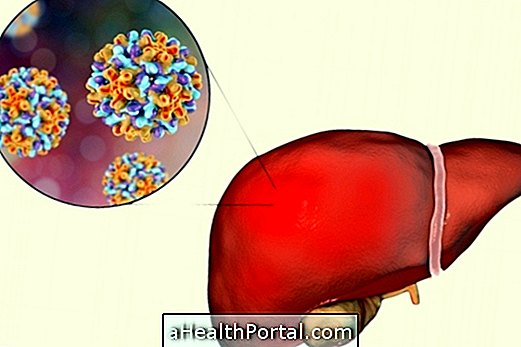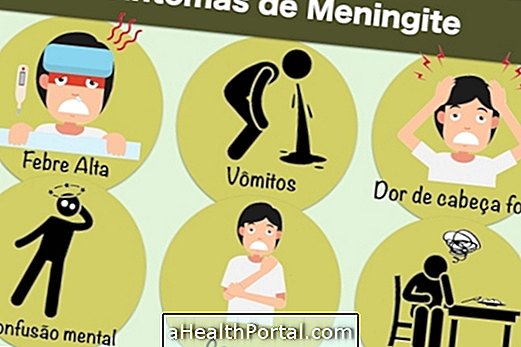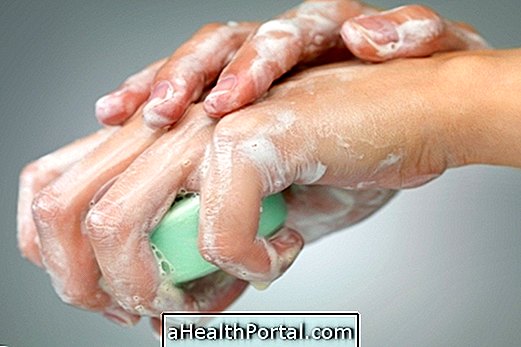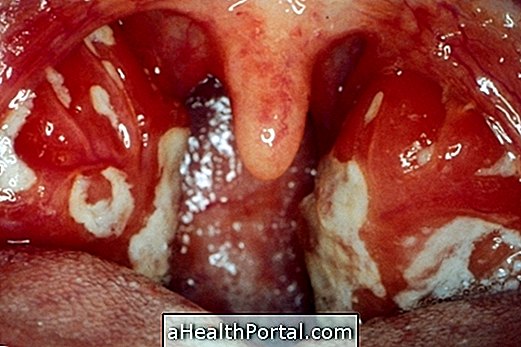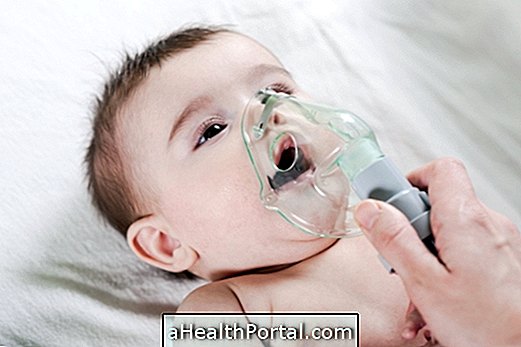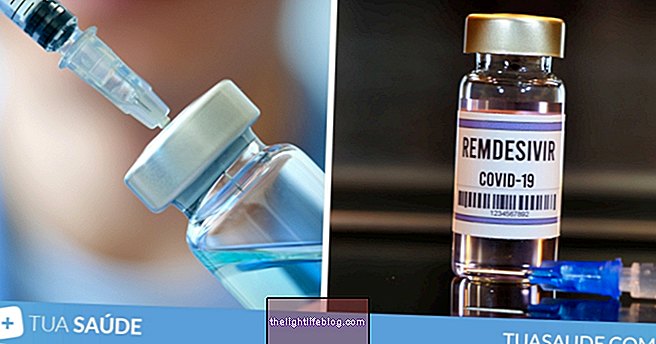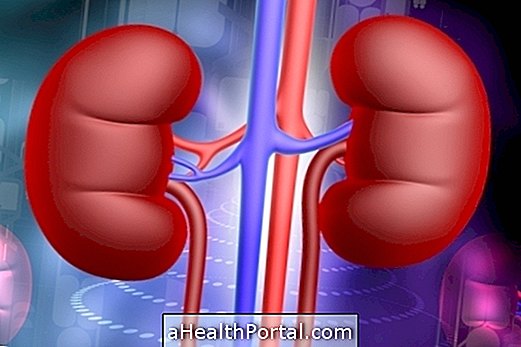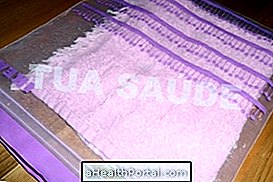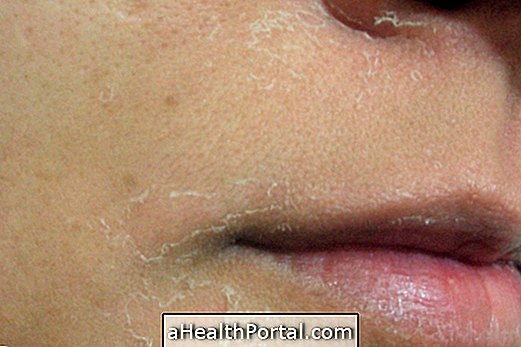To heal the boil, it is important to put compresses of warm water, for example, as they help relieve pain and discomfort, remove the pus and, consequently, heal the boil faster.
Usually, the boil heals on its own, no more than two weeks, when pus leaves the inside, however, 3 key tips to heal the boil faster include:
1. Use antiseptic soap
Bathing every day with soap and water or antiseptic soap, such as the antiseptic soap Granado or Soapex, for example, helps to treat the infection and prevent the multiplication of the bacteria that causes the boil.

2. Place warm compresses
Warm water compresses help relieve pain and remove pus, and even after the boil begins to leak pus alone, it is advisable to continue to apply the compresses to clean the region well.
Other options are the essential oils of frankincense or fenugreek seeds, as they have anti-inflammatory, astringent and antiseptic properties, helping to remove the pus, treat the infection and relieve swelling and discomfort.
To make the essential oil compresses of frankincense, simply add 3 to 5 drops of the oil in a warm water compress and to make the compresses with fenugreek seeds, one should beat in the blender 110 g of seeds with water or vinegar, bring the mixture to the fire until boiling and then soak a compress in the still warm pulp and apply on the boil.
3. Apply ointment to boil
Boil ointment such as Ictiol ointment or Furacin, for example, helps remove pus from the boil faster and relieve pain and discomfort. These ointments should be applied about 3 times a week and are sold in pharmacies under medical supervision. Find out the best ointment for boils.
If even with these measures the boil does not heal itself in two weeks, at most, the individual has many pains or the boil becomes more swollen, red and with more pus, it is recommended to consult the dermatologist, to drain the pus and treat the infection.
Care during treatment
It is important not to squeeze or burst the boil, as the infection may worsen and spread to other sites of the skin. During treatment, some care needs to be taken, such as:
- Wash your hands whenever you touch the boil;
- Change the compresses by putting them in the trash and then washing their hands with soap and water;
- Do not share clothes, tissues, sheets or towels and wash them with boiling water, separate from the remaining clothing.
These precautions help prevent the spread of infection to other regions of the skin and prevent other people from taking the bacteria that causes the boil, which is transmitted through contact with the pus. Also see some recipes that can help treat the boil faster.
